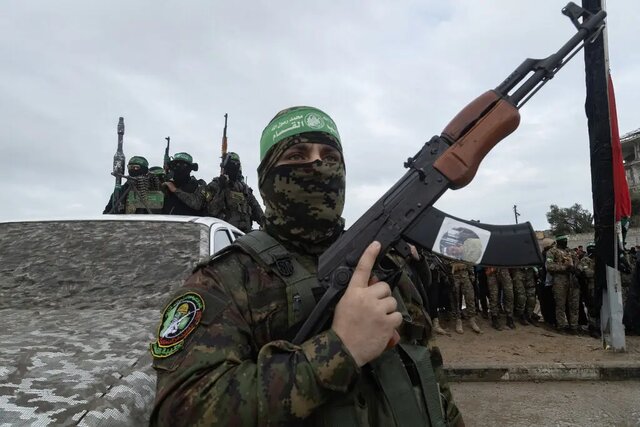New York Times: Assassination of Hamas leaders has no impact on the group’s survival.
In a report on the assassination of senior Hamas leaders and commanders by the Israeli regime, the American publication emphasized that the long-term impact of these assassinations is unclear, as Hamas has remained intact for decades despite the assassination of its senior commanders.
According to ISNA, “Mohammed Sinwar”, an influential Hamas leader whom the Israeli regime tried to assassinate in the recent attack and whose fate is still unknown, is considered one of Hamas’s leading military commanders in Gaza. He is the younger brother of “Yahya Sinwar”, a Hamas fighter and leader who was martyred in the Israeli attack on Gaza last year.
The New York Times wrote: Israeli and West Asian officials claim that he is obstructing the ceasefire, because they say that he is among the Hamas officials who most oppose handing over the group’s arsenal, which is Israel’s precondition for any long-term ceasefire.
But Sinwar is only one of several senior military leaders in Gaza and is by no means the only Hamas leader who opposes making concessions to Israel. Analysts say his assassination will weaken the group, but it may not change Hamas’s strategic outlook and operational capabilities or soften Israel’s uncompromising approach to ceasefire talks.
Abu Saada, a Gaza-based political scientist, called the death of Mohammed Sinwar a major blow to Hamas, stressing: “But I am not sure that his death will lead to a compromise with Israel, and even if his successor is even more radical than Sinwar, it could backfire.” Hamas is not a one-man group, and its negotiations with Israel still depend on a collective decision.

